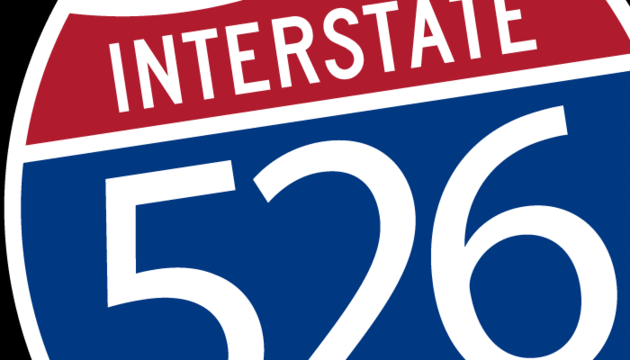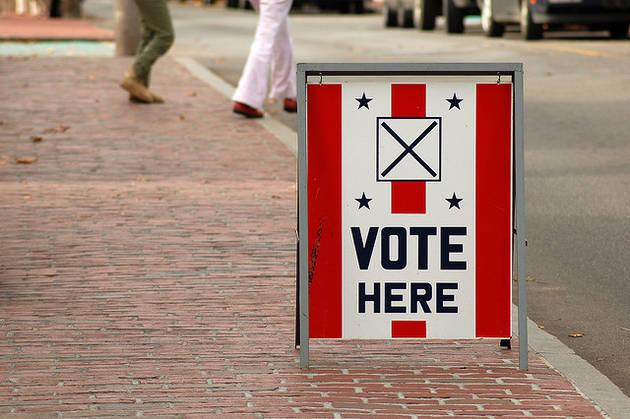After he floated the idea a month ago, Charleston rep Robert Ford is once again pushing his idea to bring back video poker. He says it could not only help keep the soon-to-be-closed Webb Center open, but also help out a ton of other ailing state services.
The Post and Courier mentioned Ford's "solution" in story, and noted it could bring a whopping $700 million to the state's coffers.
I said it before, and I'll say it again: To just note the tax intake ignores all the ills video poker created.
It boggles my mind that The Post and Courier doesn't have the common sense to rebuff the video poker idea in a column. Luckily, The Indigo Journal had the good sense to call the idea out. In part:
Video poker is an especially egregious offender. During the 1999-2000 debate over video poker, one prominent politician called it the "crack cocaine of gambling." One clinical psychologist who deals specifically with gambling problems put it more eloquently--video poker is "the distilled essence of gambling." There are other studies that suggest that video poker costs more than the revenue stream it provides in social costs (higher crime/divorce/suicide/child abuse rates, treatment of addicted gamblers, regulation of an industry known to operate on the black market).
And, in an article dating all the way back to 1999, Slate writer David Plotz notes that South Carolina would have been better off it had just gone with casinos:
Most alarmingly, exacts huge social costs in the form of addiction and financial hardship without providing any economic benefit. Unlike casino gambling, convenience gambling does not bring with it hotels, restaurants, tourists, or good jobs. "There is no pretense that this is about tourism or about a nice night out or this is entertainment. This is hard-core, grab-the-paycheck gambling," said Tom Grey, founder of the National Coalition Against Gambling Expansion, when I interviewed him about South Carolina this spring for Harper's.
At this point I feel like the idea has little chance of getting of the ground, but I'll be truly flabbergasted if other state reps start falling in line with the idea.
Video poker is a regressive tax, plain and simple. So there's no way that it's tax revenues could provide more aid than harm to the state's poorest.



